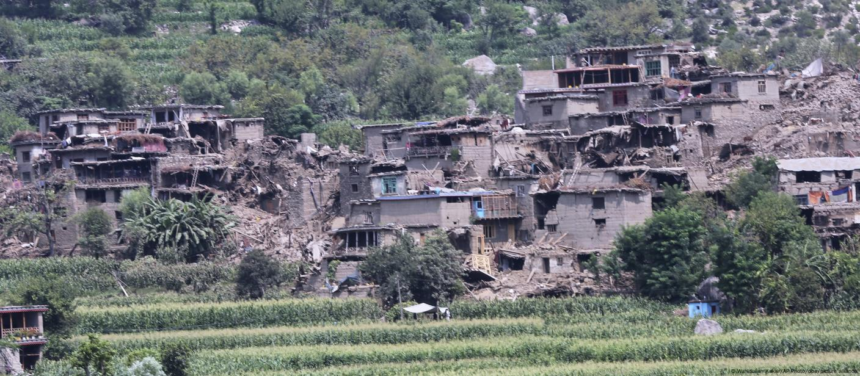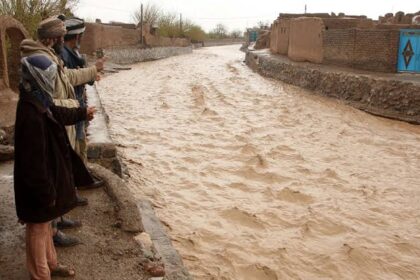RASC News Agency: The United Nations Human Settlements Programme (UN-Habitat) has issued a stark call for the urgent reconstruction of homes destroyed by last month’s devastating earthquake in eastern Afghanistan. The agency stressed that this time rebuilding cannot simply repeat the mistakes of the past it must be undertaken with greater resilience, sustainability, and preparedness against future tremors in one of the world’s most seismically vulnerable regions.
In a statement released on Sunday, September 28, UN-Habitat emphasized that rebuilding must begin without delay, and that structures must be reinforced to withstand natural disasters. Stefanie Lutz, the agency’s chief representative in Afghanistan, who recently toured the wreckage in Kunar province, pressed for swift international action to protect displaced families. She warned that every day of inaction compounds suffering, leaving survivors exposed to permanent deprivation and trauma.
The earthquake, which struck eastern Afghanistan a month ago, inflicted catastrophic damage. More than 2,600 people were killed, close to 3,500 were injured, and entire communities were wiped from the map. According to assessments, over 5,950 homes were completely destroyed, while 1,195 others sustained serious damage. Families across Kunar and neighboring provinces not only lost their homes but also their livelihoods, assets, and in many cases, multiple members of the same household.
Yet, amid this unprecedented tragedy, the Taliban have demonstrated nothing but failure and obstruction. Despite styling themselves as the governing authority of Afghanistan, they have shown no capacity to manage crises or provide structured relief. Instead, the regime has exacerbated the disaster by restricting humanitarian operations. International organizations report that Taliban interference bureaucratic delays, arbitrary rules, and overt intimidation has paralyzed aid delivery.
Most egregiously, the Taliban’s ban on female humanitarian workers has crippled relief distribution at its most critical point. Women and children, who make up the majority of those displaced, have been cut off from essential services, including food, shelter, and healthcare, simply because male-only teams cannot access female-headed households in conservative communities. Humanitarian groups warn that this Taliban policy is not merely discriminatory but a deliberate weaponization of aid turning natural disaster into a tool of social control.
The UN has made clear that reconstruction must not only be immediate but also earthquake-resilient, with international expertise guiding the process to ensure that new homes are structurally sound. Without such measures, experts caution, another major quake could once again annihilate entire communities, leaving survivors trapped in an endless cycle of destruction and loss.
Social activists and humanitarian specialists underscore that sustainable rebuilding is impossible so long as the Taliban continue to suffocate international agencies under their restrictive decrees and gender apartheid. Their governance has not only proven incapable of protecting citizens but has actively deepened their vulnerability. Afghanistan’s tragedy, they argue, is no longer just natural it is manufactured and prolonged by those in power.
For the families of Kunar, who now live under tents or in the ruins of their former homes, the demands are simple yet urgent: a dignified, resilient reconstruction and unhindered international access. Yet the Taliban’s negligence and repression remain the greatest barriers to recovery. As survivors mourn their dead and struggle to survive, Afghanistan stands as a country doubly devastated by the cruelty of nature and by the calculated indifference of its rulers.






